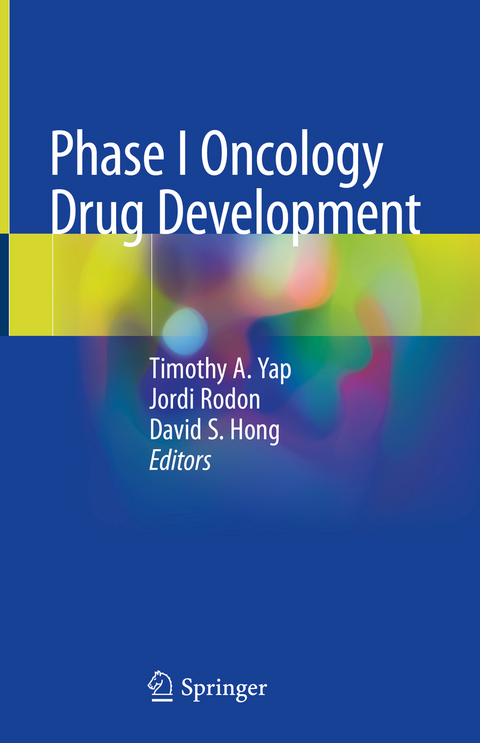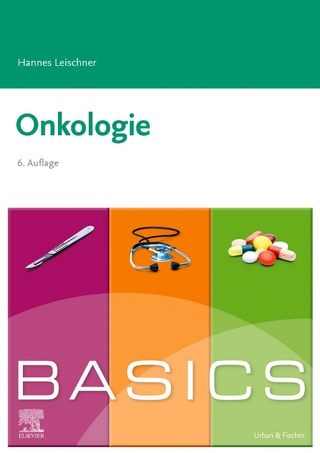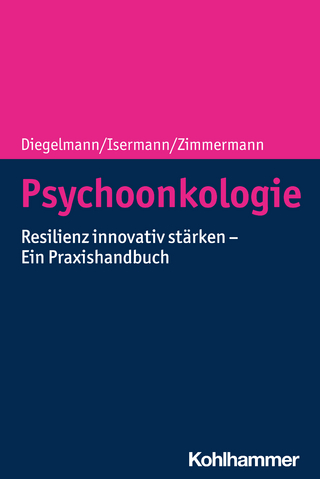
Phase I Oncology Drug Development
Springer International Publishing (Verlag)
978-3-030-47681-6 (ISBN)
This book provides a detailed review of how oncology drug development has changed over the past decade, and serves as a comprehensive guide for the practicalities in setting up phase I trials. The book covers strategies to accelerate the development of novel antitumor compounds from the laboratory to clinical trials and beyond through the use of innovative mechanism-of-action pharmacodynamic biomarkers and pharmacokinetic studies.
The reader will learn about all aspects of modern phase I trial designs, including the incorporation of precision medicine strategies, and approaches for rational patient allocation to novel anticancer therapies. Circulating biomarkers to assess mechanisms of response and resistance are changing the way we are assessing patient selection and are also covered in this book. The development of the different classes of antitumor agents are discussed, including chemotherapy, molecularly targeted agents, immunotherapies and also radiotherapy. Theauthors also discuss the lessons that the oncology field has learnt from the development of hematology-oncology drugs and how such strategies can be carried over into therapies for solid tumors. There is a dedicated chapter that covers the specialized statistical approaches necessary for phase I trial designs, including novel Bayesian strategies for dose escalation.
This volume is designed to help clinicians better understand phase I clinical trials, but would also be of use to translational researchers (MDs and PhDs), and drug developers from academia and industry interested in cancer drug development. It could also be of use to phase I trial study coordinators, oncology nurses and advanced practice providers. Other health professionals interested in the treatment of cancer will also find this book of great value.
Dr Timothy A. Yap MBBS PhD FRCP : Dr Timothy Yap is a Medical Oncologist and Physician-Scientist based at the University of Texas MD Anderson Cancer Center. He is an Associate Professor in the Department for Investigational Cancer Therapeutics (Phase I Program), and the Department of Thoracic/Head and Neck Medical Oncology. Dr Yap is the Medical Director of the Institute for Applied Cancer Science, a drug discovery biopharmaceutical unit where drug discovery and clinical translation are seamlessly integrated. He is also the Associate Director of Translational Research in the Institute for Personalized Cancer Therapy, which is an integrated research and clinical trials program aimed at implementing personalized cancer therapy and improving patient outcomes. Prior to his current position, Dr Yap was a Clinician Scientist at The Institute of Cancer Research, London, and Consultant Medical Oncologist at The Royal Marsden Hospital in London, United Kingdom. Dr Yap gained his BSc degree with First Class Honors in Immunology and Infectious Diseases at Imperial College London and was awarded the Huggett Memorial Prize. He went on to attain a medical degree from Imperial College London, before completing general medical training in Oxford. Dr Yap undertook a Clinical Fellowship in the Phase I Drug Development Unit at the Royal Marsden Hospital, before completing a PhD in Molecular Pharmacology in the Division of Cancer Therapeutics at the Institute of Cancer Research under a Cancer Research UK Fellowship. His PhD laboratory research focused on the preclinical and clinical development of AKT inhibitors, and development of associated biomarkers. Dr Yap's main research focuses on the first-in-human and combinatorial development of molecularly targeted agents and immunotherapies, and their acceleration through clinical studies using novel predictive and pharmacodynamic biomarkers. His main interests include the targeting of the DNA damage response (DDR) with novel therapeutics, such as ATR and PARP inhibitors, as well as the development of novel immunotherapuetics. Dr Jordi Rodon MD PhD: Dr Jordi Rodón specializes in early drug development, biomarker discovery, personalized cancer medicine, and neuro-oncology. He is now at MD Anderson's Investigational Cancer Therapeutics department after moving from Barcelona, where he has been the director and clinical head of the Research Unit for Molecular Therapy of Cancer at the Vall d'Hebron University Hospital in Barcelona, Spain. Within this unit, he served as clinical head of the Early Clinical Drug Development Group, which aims to develop best-in-class targeted therapies, determine patient populations most likely to benefit using personalized molecular characterization, and identify biomarkers of response. At Vall d'Hebron University Hospital he was also in charge of the Neuroncology program, building it in collaboration with the Phase I Unit, the multidisciplinary clinic and the Gene Expression and Cancer Laboratory leaded by Joan Seoane. Dr Rodón earned his medical and doctoral degrees at the Universitat Autònoma de Barcelona, and completed a doctorate the Universitat de Barcelona. He spent two years at the Advanced Drug Development program at the Institute for Drug Development (IDD) in San Antonio, Texas and completed his training in drug development at MD Anderson Cancer Center as a senior clinical research fellow. During this time at MDACC, Dr Rodón also completed an internship at the Kleberg Center for Molecular Markers under the direction of Dr. Gordon Mills. Over the course of his career, Dr Rodón has been the principal or co-principal investigator on over 30 early phase clinical trials focusing on a range of advanced solid malignancies, partnering with leaders in industry including Novartis, Merck, Eli Lilly, Genentech, Sanofi, and others. With this, he
Paradigm shift in oncology drug development.- Practicalities in setting up phase I trials.- Optimizing the preclinical development of antitumor agents for entry into phase I trials.- Considerations for the development of novel chemotherapies in phase I trials.- Considerations for the development of novel targeted agents in phase I trials.- Development of immunotherapeutic strategies in early phase clinical trials.- Assessment of radiotherapeutic strategies in phase I trials.- Development of combinatorial strategies in phase I trials.- Novel trial designs for early phase clinical trials.- Incorporating pharmacokinetic strategies for phase I trials.- Development of pharmacodynamic biomarkers for phase I trials.- Efficacy considerations for Phase I trials.- Incorporating precision medicine into Phase I clinical trials.- Molecular profiling of patients for clinical trials.- Incorporating circulating biomarkers into clinical trials.- Statistical considerations for early phase clinical trials.- Lessons from hematology for solid tumor drug development.
| Erscheinungsdatum | 18.09.2020 |
|---|---|
| Zusatzinfo | X, 352 p. 47 illus., 45 illus. in color. |
| Verlagsort | Cham |
| Sprache | englisch |
| Maße | 155 x 235 mm |
| Gewicht | 703 g |
| Themenwelt | Medizin / Pharmazie ► Medizinische Fachgebiete ► Onkologie |
| Medizin / Pharmazie ► Medizinische Fachgebiete ► Radiologie / Bildgebende Verfahren | |
| Schlagworte | Biomarkers • Chemotherapy • drug development • early phase clinical trials • immunotherapy • Oncology • Precision medicine • Radiaton Oncology • radiotherapy • Targeted Agents • targeted therapy |
| ISBN-10 | 3-030-47681-2 / 3030476812 |
| ISBN-13 | 978-3-030-47681-6 / 9783030476816 |
| Zustand | Neuware |
| Haben Sie eine Frage zum Produkt? |
aus dem Bereich


